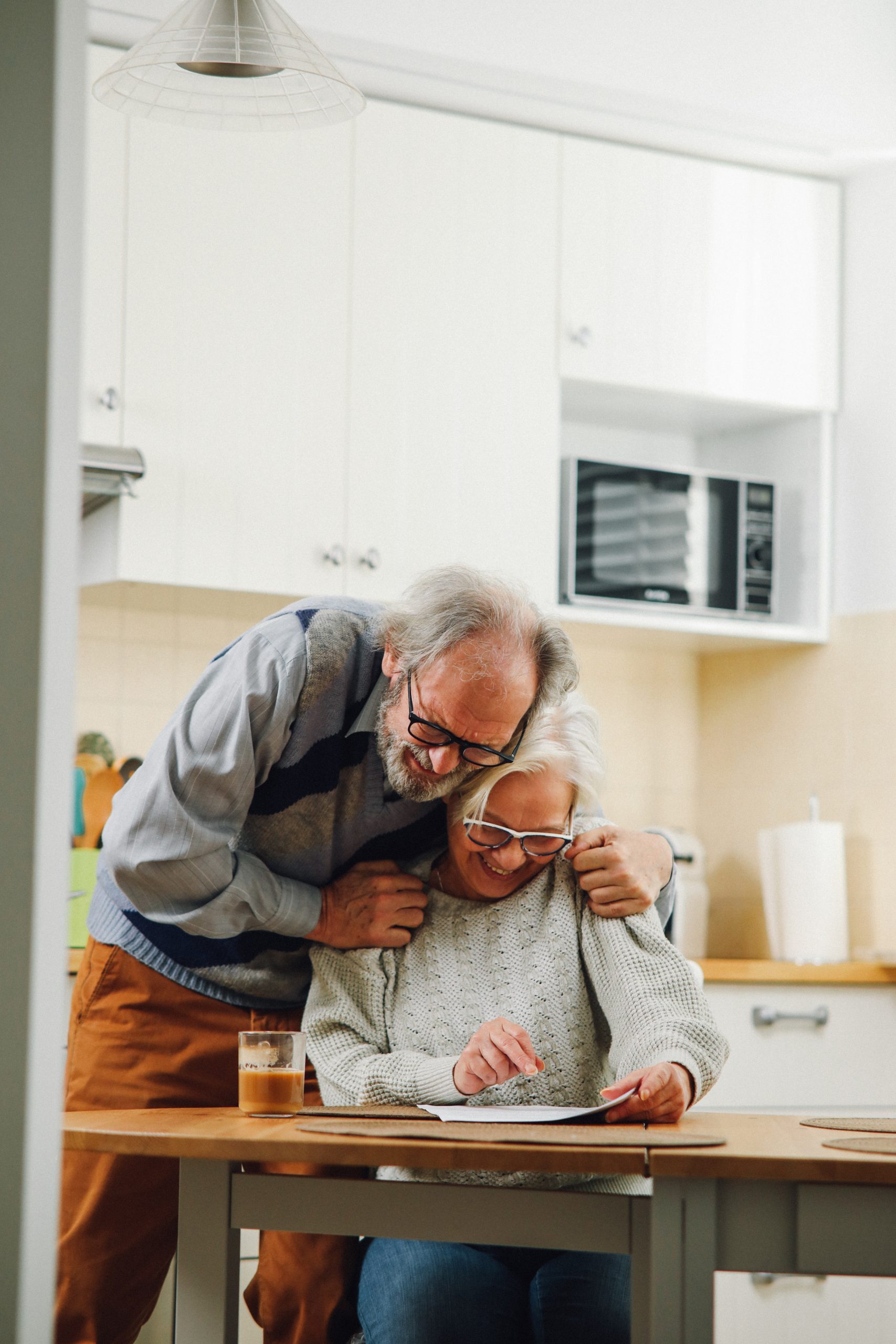Recognizing the Signs of Elder Abuse: What to Look For

The image is not directly related to the article. It merely symbolizes the life of elderly people.
What are the signs of elder abuse?
Signs of elder abuse can vary, but some common indicators include unexplained injuries, bruises, or fractures; sudden changes in behavior or mood; withdrawal from social activities; unexplained financial transactions or changes in financial situation; neglect of basic needs such as hygiene, nutrition, or medication; and the presence of a controlling or aggressive caregiver. It is important to note that these signs may not always indicate abuse, but they should be taken seriously and investigated further.
How can I recognize emotional abuse in an elderly person?
Emotional abuse in an elderly person can manifest in various ways. Look for signs such as frequent arguments, belittling, humiliation, and intimidation by caregivers or family members; sudden changes in behavior or mood; social withdrawal and isolation; unexplained fear or anxiety; and the person displaying signs of depression or low self-esteem. It is important to create a safe and supportive environment for the elderly person to share their concerns and feelings.
What are the signs of financial abuse in the elderly?
Financial abuse in the elderly can be difficult to detect, but some signs to look out for include sudden or unexplained changes in the person’s financial situation, such as large withdrawals, unusual or unauthorized use of their funds, or unpaid bills; changes in legal or financial documents, such as wills or power of attorney; the presence of new individuals in the person’s life who show a keen interest in their finances; and the person being unaware of their own financial status or transactions. It is important to involve trusted professionals or authorities if you suspect financial abuse.
How can I recognize neglect of an elderly person?
Neglect of an elderly person can be physical or emotional. Signs of physical neglect may include poor hygiene, untreated medical conditions, malnutrition, dehydration, and hazardous living conditions. Emotional neglect may manifest as social isolation, lack of appropriate clothing or personal belongings, and the person appearing withdrawn or depressed. It is important to report suspected neglect to the appropriate authorities or agencies to ensure the well-being of the elderly person.
What should I do if I suspect elder abuse?
If you suspect elder abuse, it is important to take action. Start by documenting any signs or incidents that raise concerns, including dates, times, and descriptions of what you observed. Speak with the elderly person privately and compassionately to encourage them to share their experiences. Contact local authorities or adult protective services to report your suspicions and provide them with the information you have gathered. Remember, reporting suspicions of elder abuse can help protect vulnerable individuals and potentially save lives.
The image is not directly related to the article. It merely symbolizes the life of elderly people. What are the signs of elder abuse? Signs of elder abuse can vary, but some common indicators include unexplained injuries, bruises, or fractures; sudden changes in behavior or mood; withdrawal from social activities; unexplained financial transactions or changes…
Recent Posts
- Empowering Caregivers: The Best Online and Offline Resources to Enhance Your Skills
- Traveling with a Purpose: The Rise of Volunteer Vacations
- Breaking Stigma: Dispelling Myths about Mobility Aids and Disability
- Avoiding Probate: How Trusts Can Simplify the Estate Settlement Process
- Senior Citizens Beware: Common Financial Scams and How to Stay Protected

